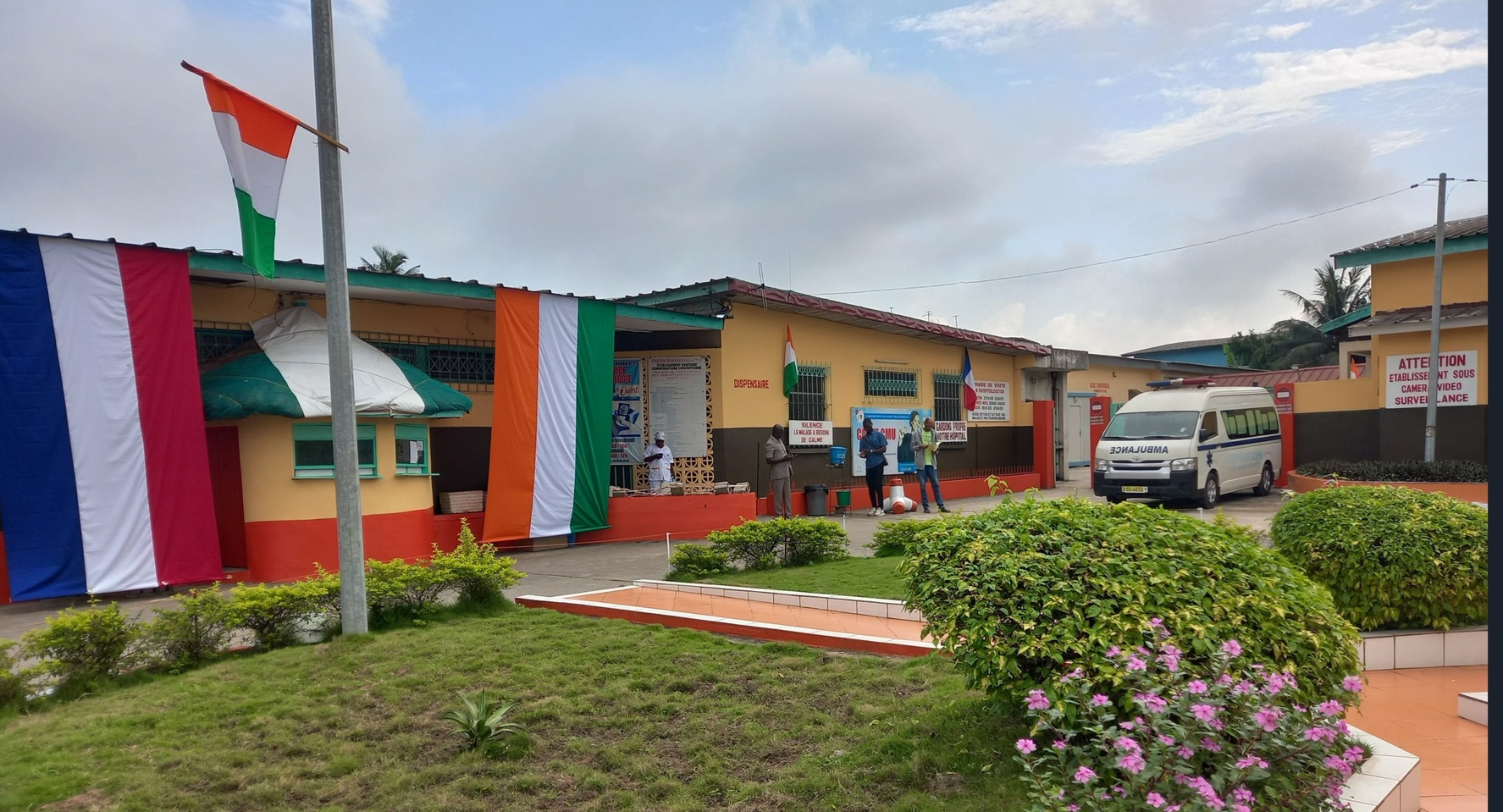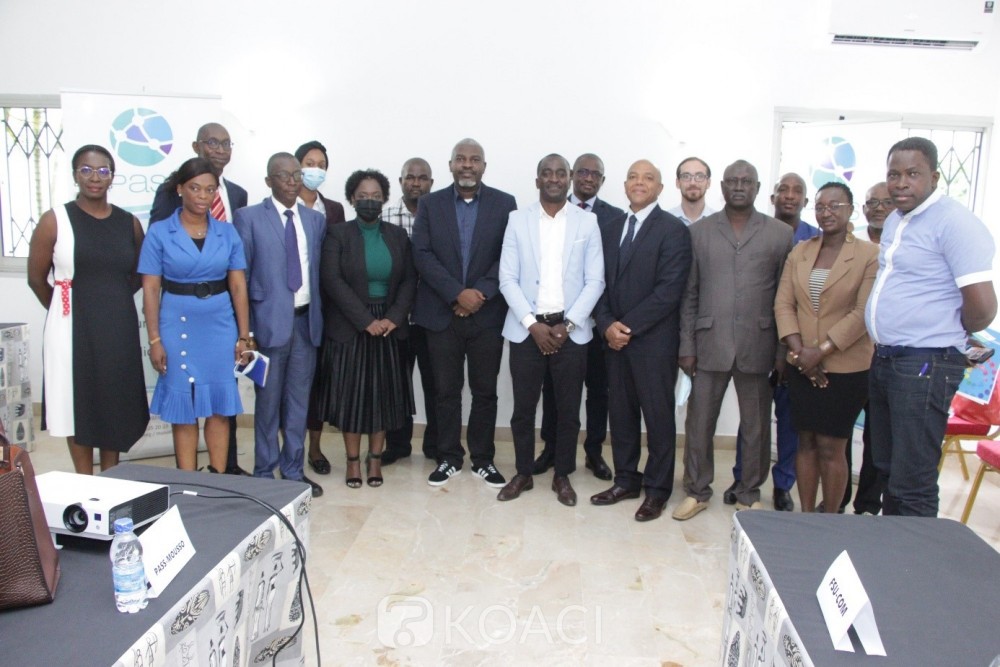30 years of public-private partnership in Côte d’Ivoire, reinforces primary health care in the quest for universal health coverage. This successful model deserves to be better known outside Côte d’Ivoire and French-speaking Africa.
In the late 90s, Abidjan began an experiment in public-private partnerships (PPPs) between the Ivorian Ministry of Health and urban communities, based on the Bamako Initiative (1986) principles. After three decades of implementation, it’s clear that the experiment has been a success, with growth from the 13 Formations Sanitaires Urbaines (FSU-com) existing in 2002, to 40 Établissements Sanitaires Communautaires (ESCom) providing local health care in 2024.
In 1994, FSU-com’s initial agreements with the Ministry of Health gave them private non-profit status, and a public service agreement with a series of delegated rights and responsibilities, including the ability to charge fees with the Ministry’s approval. They are required to provide the basic care package, as would any first-level public health facility. Today, in response to growing demand for specialist care (and contributing to their resiliance), EScom now often offer the basic care package plus associated specialty consultations, including (among others) gynecology and pediatrics. In addition, they participate in the national HIV/AIDS, TB and Malaria programs, the free maternity and pediatrics program, and accept Universal Health Coverage cards.
Resilient primary health care at community level
In the field of international healthcare, particularly with the emphasis on primary healthcare to achieve universal health coverage, this model deserves to be better known, beyond Côte d’Ivoire, West Africa and even the African continent. In fact, it’s an experiment in public-private partnership primary care focused on offering quality, local care. Each FSU-com (now known as Établissements Sanitaires Communautaires -ESCom) has specific characteristics that reflect its community and its managing association. Some benefit from greater support from the Ministry of Health, while others receive support from their town council. But all enjoy an autonomy of governance and management that makes them flexible and resilient, capable of responding effectively to the challenges they face.
In 2025, as part of the Debt Reduction and Development Contract between France and Côte d’Ivoire, there are plans to invest in new ESCom facilities in other towns across the country.



